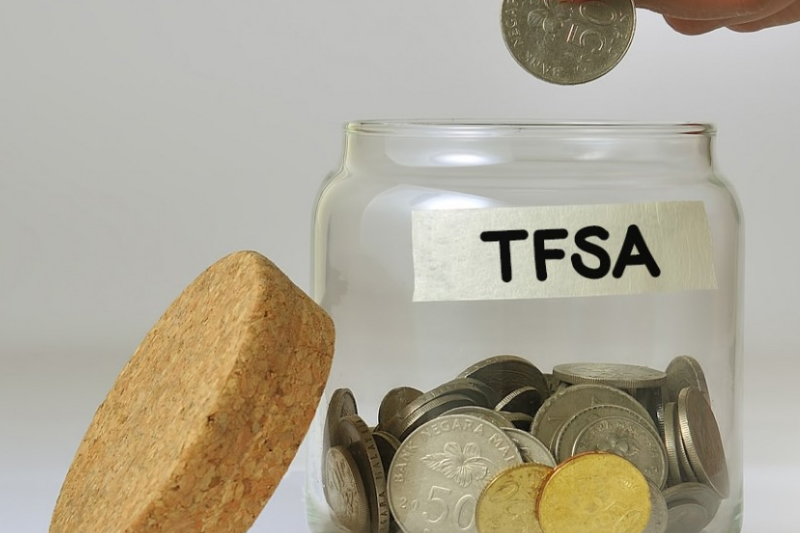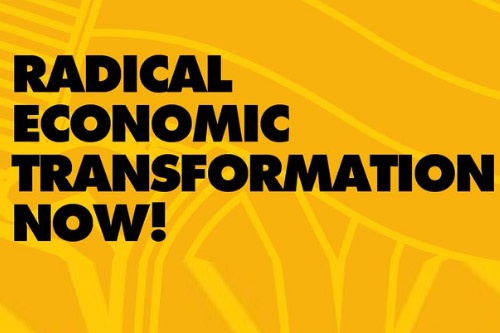A lot of people have written about tax-free savings accounts since they first appeared a couple of years ago but how often do you hear anyone talking about theirs? We certainly don’t know of anybody who has one.
Nonetheless, it’s not often that one see’s the words “tax” and “free” in the same sentence, so maybe there’s something in it?
Given our recent focus on how tax can affect your long-term saving and investing efforts, we thought it fitting to do a proper analysis on tax-free savings accounts, and whether or not they should play a role in your personal financial plan.
What EXACTLY is a Tax-Free Savings Account?
Much like a retirement annuity (RA) which is a tax-deferred investing ‘wrapper’, a tax-free savings account (‘TFSA’) is a “wrapper” that allows underlying investment products to be purchased in a manner that means you pay no tax on any interest or dividends that you earn, nor pay any capital gains tax when you sell any units.
Simple as that. Except for the fine print.
The fine print:
You can only put R30, 000 increased to R33,000 (2017 Budget speech) per year into your TFSA
You don’t get a tax deduction for any contributions made to your TFSA
You can only invest a maximum of R500,000[1] into the TFSA throughout your lifetime
Whatever you take out of the TFSA is tax-free
…and that’s it.
At the moment, there isn’t a huge amount of choice for the kinds of investment products that you can stash into your TFSA. A lot of the banks are offering options, as are a few asset managers like Old Mutual, Alan Gray, Coronation, and Sanlam to name a few. Like most financial products, everyone claims that theirs is unique, when most of them are identical. If you’re looking for a TFSA, Google will be your best bet.
Tax-deferred investing is always long-term.
The long-term benefits of tax-deferred investing is nothing new and we won’t go into the detail now.
In short though, the value of tax-deferred investing only becomes material when you’re talking about the long-term. If you’re saving for a short-term goal, the fact that you didn’t pay tax on your interest income or dividends is not going to pay for the airline ticket upgrade.
Even after 5 years of investing in a TFSA, and assuming something that pays you predominantly interest income, you still would not be earning more interest than you could earn tax free anyway. The current limit is R23, 800 per annum for under 65’s and R34, 500 for over 65’s.
Likewise, if you rely on a dividend yield to grow your asset over time, an approximate 3% dividend yield on a share portfolio will only be subject to tax at 20% (from March 2017 onward) (effectively), leaving you with a 2.4% yield – not much to boast over.
So where is the killer app of the TFSA?
It has to be and can only be on the avoidance of capital gains tax when you sell. If you’re in a high tax bracket, your effective rate of CGT could be as high as 18% (from March 2017 onward).
Okay, so what you’re telling me is that I could otherwise open a money market unit trust and deposit up to R300, 000 in there and still pay no tax and that a TFSA is going to offer me no real benefit regarding the earning of interest?
Pretty much
And that if I think that saving tax on my dividends is what’ll make me want to take out a TFSA then I’m misguided?
Basically
But if I have a long-term view and want to invest in shares for a long-term goal, then this could have some legs?
Yes!
Remember that as a South African taxpayer, you are exempt from tax on a certain amount of capital gains every year. That amount of capital gains is currently sitting at R40, 000. It could take a good few years to realise a capital gain on shares, so thinking that you’re winning at personal finance by investing through a TFSA simply to avoid some short-term capital gains is a bit misguided.
It’s the long-term that you need to pay attention to.
Taxes might be the only thing more certain than death.
Without a doubt – utilizing a TFSA to house some unit trusts or listed funds, that contain predominantly shares, will provide a higher after-tax return in the long-run. This is an exercise in maths.
The idea of tax-deferred investing is not, as you’ll hopefully remember, limited to a TFSA. Retirement annuities operate very similarly to a TFSA, except for the one large difference – you get a tax deduction for your contribution to a retirement annuity.
Every Rand that you put into your TFSA is a Rand hard-earned, and subsequently amputated by personal income tax. It’s after-tax money.
After-tax money in; after-tax money out.
The reason SARS are so happy to let you take amounts out of your TFSA without paying tax is that except for the gains you’ve made, it was all after-tax money in the first place. This goes back to a fundamental truth about most tax-deferred investing products throughout the world.
If you get a deduction for what you contribute to your retirement product – then expect to pay tax on it when you withdraw it. Similarly for an after-tax product – pay your tax now, and withdraw tax-free later on.
So while a TFSA allows you to invest on a tax-deferred basis, albeit limited to only the return on your underlying assets, an RA gives you an income tax deduction for your retirement contributions.
Deferring (delaying) tax is good.
In the world of tax-deferred investing, getting a tax deduction for your contributions is the most you could ask for. Our tax laws have changed such that what used to be a paltry 7.5% deduction for Retirement Annuity contributions has now been overhauled to a very enticing 27.5%. The more you can defer in taxes, the better, and the more that maths will work for you in the long run.
But but but…
One last important point while we appear to be talking you out of taking out a TFSA. With a TFSA comes full liquidity. If you want out – you get out. No penalties and no long waiting periods. Exiting from an RA before retirement/age 55 is not possible (bar some extreme corner-cases).
So if access to your investment is something that is important to you, like suddenly deciding that you deserve a Seychelles vacation, then a TFSA might be for you.
In a nutshell please
If you are one of our younger readers, and you’re committed to some long-term investing towards retirement, there is definite merit in taking out a TFSA, but likely only after you have made contributions to a retirement annuity. Contributing to an RA offers you a 27.5% deduction[2] of amounts contributed whereas the TFSA offers you no such deduction.
In the long-term, you want to maximize your tax-deferred investing, and an RA trumps the TFSA in that respect.
If the thought of taking out an RA at the start of your working career is a little scary, given that you won’t have access to the cash, a blend between maxing your R30, 000 p.a. contribution to a TFSA and an RA could work for you. For example, if you have longer-term ambitions for buying a house, or paying for tertiary education – a TFSA is a good bet.
If you’re well into your working career it is unlikely that a TFSA will offer you too much benefit; unless you’re looking to earn more interest on some cash without paying tax on the interest, or you would like to ear-mark a particular TFSA for your children’s financial needs later in life.
When it comes to a TFSA, its the long-term that matters, but it need not be your long-term.
Article – http://wellspent.co.za




